The 8th anniversary of the Nationwide Ceasefire Agreement (NCA), celebrated on October 15, 2023, marks a significant moment in Myanmar’s ongoing struggle with political and ethnic fragmentation, with a particular focus on Shan State. The NCA, which was founded to promote peace and unity, has evolved to reflect the country’s complicated political landscape.
According to reports, both NCA signatory and non-NCA signatory groups were invited to the NCA’s eighth-anniversary ceremony, which was hosted in the capital city of Naypyidaw. However, none of the non-NCA signatory groups opted to attend, showing the country’s ongoing divisions.
Certain groups – mandatory participants – such as military-backed people’s militias, political parties that aligned with the military regime following the 2021 coup, cultural and religious organizations, and entertainment figures, attended the event.
Therefore, it is critical to recognize that the ceremony has little significance in terms of resolving the country’s ongoing political crisis. Instead, the event is widely viewed as the military regime’s display to the international community.
In addition, it also reflects the country’s sovereign fragmentation, particularly in Shan State. There are groups that are cooperating with the military regime and groups that oppose it.
For example, among the ten NCA signatory groups, three members including the Karen National Union (KNU), All Burma Student’s Democratic Front (ABSDF), and Chin National Front (CNF) have aligned with the National Union Government (NUG) and participated actively in armed resistance against the military regime since the coup.
The other seven NCA signatory groups have their own dynamics, including the Lahu Democratic Union (LDU), the Pa-Oh National Liberation Organization (PNLO), and the Restoration Council of Shan State/Shan State Army-South (RCSS/SSA-S). Notably, RCSS/SSA-S is the only group with both political and military influence, while LDU has been leveraged for political bargaining. The PNLO, although an NCA member, has strong relations with the Federal Political Negotiation and Consultative Committee (FPNCC), which is often engaged in clashes with RCSS/SSA-S. The PNLO, which was split from Shan State Nationalities People’s Liberation Organization, is currently active in Mauk Mai and Hsi-hseng townships and other areas such as Larng Khur and Mong Pan townships.
The other group that is active in Shan State is the Kachin Independence Army (KIA) which was established in 1961 in Kutkhai Township in northern Shan State and later expanded its territory in Kachin State. The KIA Brigade number 4 was active in this area. However, in 1994 this group surrendered to the Myanmar military and formed a militia group under the name Kachin Defense Army (KDA). As the KIA’s power grows, there are now three brigades in northern Shan State which include Brigades number 4, 6, and 10. In addition, there are also People Defense Forces (PDFs) that are supported by KIA that are active in this region such as in Mong Mit, Marn Peng, Kutkhai, and Namtu Townships.
Another group that has witnessed increased strength, particularly after the 2021 coup, is the Ta’ang National Liberation Army (TNLA). It established strong relationships with its alliances such as the KIA, the Myanmar National Democratic Alliance Army (MNDAA), the Shan State Progress Party/Shan State Army-North (SSPP/SSA-N), and the United Wa State Army (UWSA), the most powerful of which controls an autonomous territory in Shan State, in which these groups provide support to the TNLA, including weapons and training.
According to the Hsaipen Institute, the TNLA comprises seven brigades, with each brigade consisting of five companies. Each company has 125 personnel. In addition, there are three additional companies including Commandos, Artillery soldiers, women’s army corps, public service personnel, and personnel stationed at the Headquarters.
The TNLA is among several groups in Shan State to continue their struggle for self-determination.
In addition to the well-established groups, Shan State has seen the emergence of newly formed armed organizations, including the People’s Liberation Army (PLA), Bamar People’s Liberation Army (BPLA), Karenni Nationalities Defense Force (KNDF), Democratic People’s Liberation Front (DPLF), and other PDFs. These groups are actively engaged in combat with the military, further complicating the region’s security dynamics.
Therefore, the Shan State’s security situation is complicated, driven by the interplay of various armed groups, political processes, and long-standing ethnic conflicts. The NCA’s 8th anniversary serves as a reminder of the difficulties and complexity that continue to characterize this region, as well as Myanmar’s continued quest for stability and peace.
Note* The views expressed in this article are the author’s own.





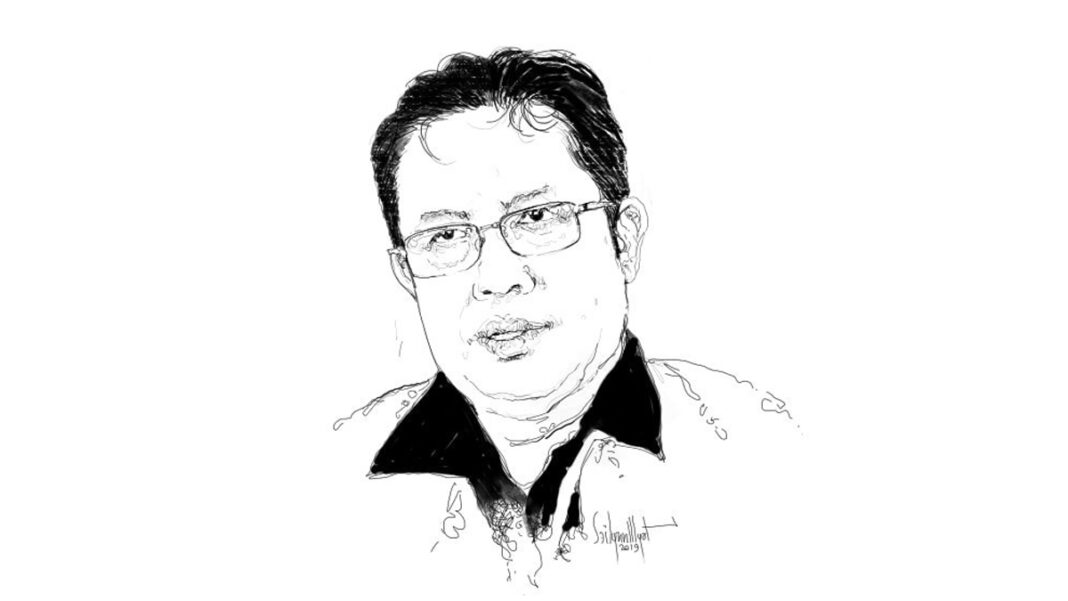
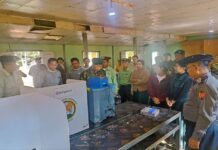
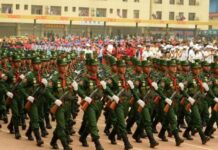
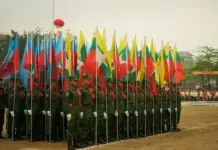
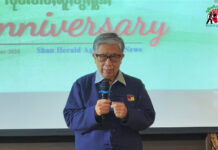







Leave a Comments